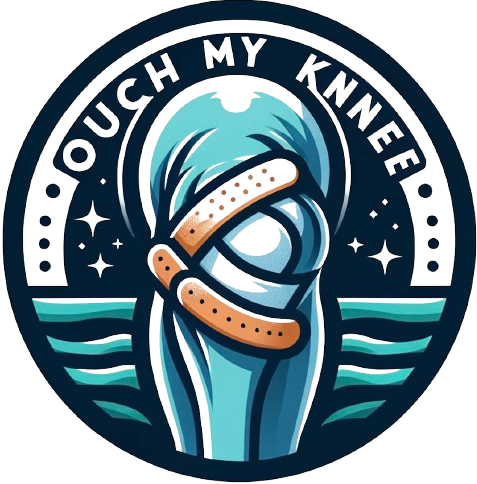Knee pain is an ailment that plagues many individuals irrespective of age, often affecting quality of life significantly. The causes are varied, including conditions such as osteoarthritis, ligament injuries, and chronic inflammation. Understanding the nuances in these ailments is essential for tailoring appropriate treatment plans that go beyond the conventional approaches. Holistic methods are increasingly gaining acceptance in enhancing knee health and managing pain in sustainable ways. These methods not only address the symptoms but also target the underlying causes, offering long-term benefits.
Physical therapy is one of the most effective non-invasive methods for relieving knee pain. Tailored exercises that strengthen the quadriceps, hamstrings, and the muscles around the knee can significantly reduce pain and improve function. In cases where the pain is due to an injury, a trained physical therapist can devise a rehabilitation plan aimed at gradual recovery. The benefits are multifaceted, impacting not just the knee but overall mobility and endurance. For those committed to long-term health, incorporating physical therapy into a routine can be a game-changer.
Another holistic approach is dietary modification. Anti-inflammatory foods like fish rich in omega-3 fatty acids, colorful fruits and vegetables rich in antioxidants, and spices like turmeric and ginger can significantly reduce inflammation and pain. Conversely, processed foods, sugary treats, and excessive caffeine can exacerbate inflammatory conditions. It’s important to consult with healthcare providers to customize a diet plan that aligns with individual medical histories and health goals. A balanced diet not only aids in pain management but also supports overall health and well-being.
Acupuncture and acupressure are ancient practices that have shown promising results in managing knee pain. By targeting specific points on the body, these techniques aim to balance the flow of energy, reducing pain and promoting healing. Clinical studies indicate that these treatments can be particularly effective for managing chronic conditions like osteoarthritis. While not universally accepted in Western medicine, an increasing number of practitioners and patients are incorporating these treatments into comprehensive care plans. As with any treatment, it’s advisable to seek the services of licensed professionals.
The importance of weight management cannot be overstated when discussing knee health. Excess weight puts additional strain on the knee joints, exacerbating pain and accelerating degenerative conditions. Weight management strategies such as regular cardiovascular exercise, mindful eating, and behavioral modifications can help maintain an optimal weight. Guidance from healthcare providers can also include pharmacological and surgical interventions when necessary. By keeping weight within a healthy range, individuals can significantly reduce the strain on their knees, prolonging their functional lifespan.
Last but not least, mental health plays a crucial role in managing and mitigating knee pain. Stress and anxiety can heighten the perception of pain, while coping mechanisms such as meditation, mindfulness, and cognitive-behavioral therapy can offer relief. Engaging in mental health practices doesn’t only impact knee pain; it contributes to overall well-being. A holistic approach to knee health thus also includes paying attention to one’s mental state, ensuring that emotional and psychological aspects are addressed in the treatment plan. Only by addressing both the mind and body can comprehensive and lasting knee health be achieved.
